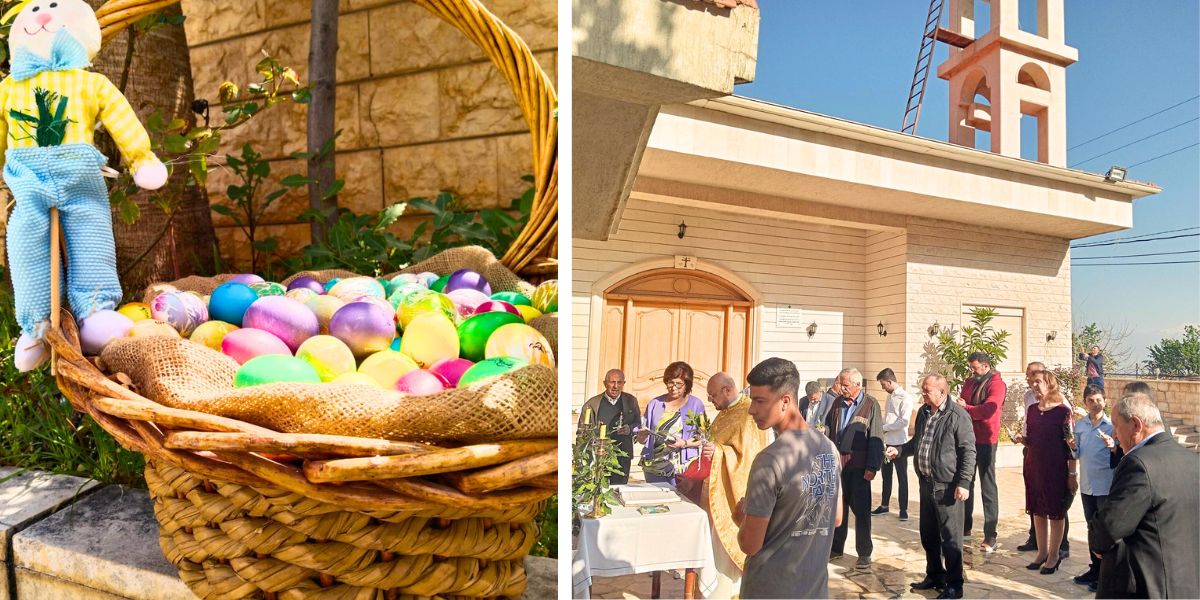Amid the severe economic crisis in Lebanon, the multi-disciplinary environmental engineer Ziad Abichaker has stood out as an activist in his own right, endeavoring to allocate his expertise, including his specialty in Municipal Solid Waste, towards a more sustainable country.
Founder and CEO of Cedar Environmental, Abichaker has developed over the years with his team technologies aimed to achieve a Zero Waste alternative to landfills by creating new products focused on local agriculture in small villages as well as urban rooftops.
His company primarily designs, builds, and operates small-scale sorting and composting plants to recycle household waste, and has developed new technology, transforming plastic bags into solid plastic panels to replace outdoors wooden and steel panels.
Following the infamous Lebanese garbage crisis, Abichaker developed a partnership model with a municipality to design, build, and operate a recycling plant.
The project was reportedly successful, according to a case study by the Harvard Business School, “but he struggled to find another suitable partner.”
Recently, he is working on technologies to provide and develop sustainable services, aiming to help cities and villages in the country, along with his community.
Abichaker is also working on expanding three of his projects all over the country, including Vertical Farming which uses recycled single-use plastics in the Batroun area.
He also helps municipalities adopt Street Recycling Bins Project by setting up local waste sorting programs.
Facing the financial impediment of local municipalities to buy recycling plants, Abichaker took it upon himself to secure soft loans from banks so his company can build these recycling facilities.
He arranged for the municipalities to only pay for the service of recycling/composting in monthly installments.
His most recent project is providing zero-waste manhole covers in Beirut made by sustainable and recycled single-use plastic products. That came in response to the series of thefts of manhole covers across the country last year.
Abichaker’s interest is not only focused on plastic waste but also on recycling glass, notably his endeavor to reuse debris of the Beirut Blast to create beautiful and usable glass products, like bottles and cups.
Abichaker’s work and projects are getting attention from many NGOs and media from all over the world, as well as prestigious universities like Harvard, for the hard work he and his team are professionally dedicating towards a more sustainable and eco-friendly Lebanon.

















